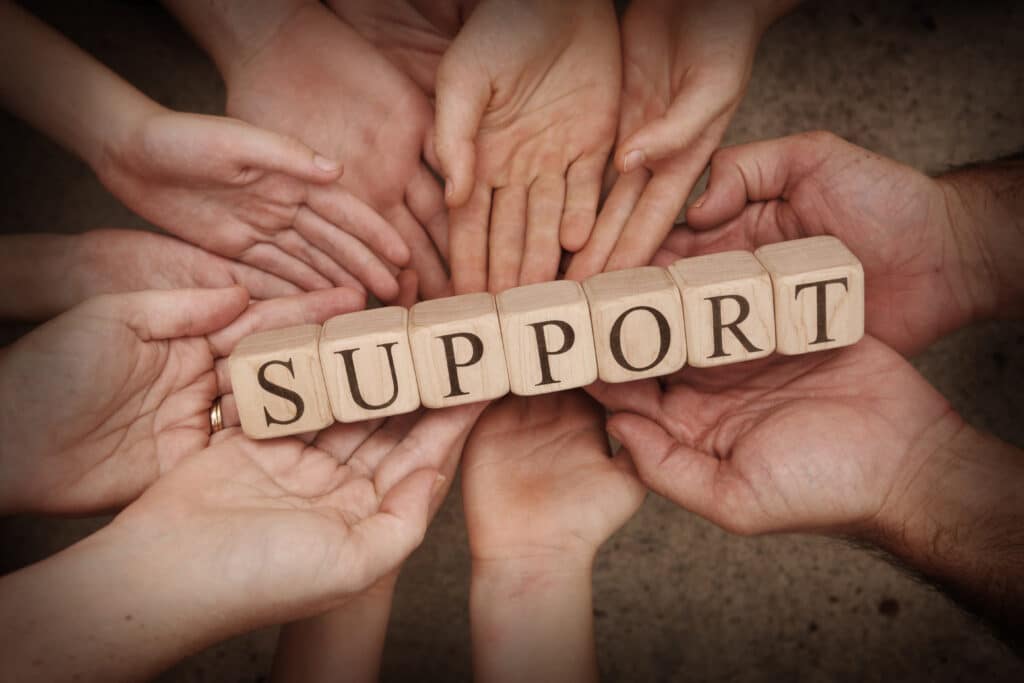Sound mental health leads to all-round prosperity and stability. You can’t have poor mental health and achieve your objectives. When one’s mental health is compromised, the family and society, by extension, endure a setback. Besides, the person is more likely to suffer depression and develop suicidal thoughts. The Centers for Disease Control and Prevention revealed that 1 in 5 American adults have a mental illness. Several factors can cause a change in a person’s mental health, such as excessive demands and responsibilities, trauma, chemical imbalance, and isolation.
Forming healthy relationships can bolster mental health recovery. Involving your family is one effective way to build a solid support system. Family plays a vital role in providing adequate support and care to their loved one recovering from mental illness. The more involved a family is, the faster the healing. This blog discusses the role of family in mental health and the importance of inclusion.
Satori Health offers mental health treatment in the San Fernando Valley. Contact to find outpatient treatment in Los Angeles.
The Importance of Family Mental Health Recovery
Family support is crucial in mental health recovery. Evidence pinpoints the profound effects of family support on individuals recovering from a mental illness and co-occurring disorders, including how it helps to improve overall well-being and accelerate recovery.
Members can be there emotionally for their loved ones and help them navigate treatment challenges. They can reach out to the medical professional directly for updates. Besides, the family can help reduce the stigma associated with mental illness and encourage open conversations about mental health in the family and society.
How to Get Family Involved in Mental Health Treatment
Sometimes, getting your family involved can be an obstacle. When someone suffers from a co-occurring disorder, it disorganizes the family. It affects the individual’s relationship with the family. The person understands this and may refrain from contacting the family.
Also, the individual may feel ashamed for being mentally ill. This can make it even more challenging to come clean about their travails. While it might seem okay, keeping your family out of your life causes more harm than good. It can negatively slow down your recovery.
A family member can’t know when and how to help a loved one battling a mental illness if the latter doesn’t open up. This is where effective open communication comes in. Effective communication is fundamental to healthy relationships. It is even more crucial in mental health recovery. Communication within the family establishes trust, allows sharing of thoughts and concerns, and creates a supportive environment that will foster quick recovery. Communication allows members to comprehend more about the challenges their loved ones face and proceed on how to support them.
Communication styles may vary, and the differences may hinder effective communication. Therefore, it’s essential to identify the best way of communication and employ it. Those in recovery should converse sincerely with their family about their problems, explaining how their involvement can be helpful. Enlighten them about mental health and help them understand what you’re going through.
In addition, clearly express your needs and state how you want them to support you. Do you want them to attend therapy sessions with you? Of course, your therapist will have to approve. Let your therapist know if inviting your family to therapy sessions is right. They can also consider organizing a separate family therapy session that offers a structured space for discussing family dynamics and addressing pending issues.
Finally, understand that your family may not immediately understand your mental health journey. Be patient and allow them the space to digest the information. For families, it’s important to listen without criticism. Reassure your loved one of support. They will feel supported this way, which aids their recovery.
Family Mental Health Treatment
Sometimes, a therapist enrolls the individual’s entire family into a family therapy program. The aim is to actively engage and educate them about various treatment services and how they can help their loved ones feel less lonely. Family members are thrown into disorder when they learn about their loved one’s mental health challenges. The family program guides them on how to stay supportive of their loved ones.
Satori Health, the compassionate mental health treatment center in Los Angeles, understands the role of the family in mental health recovery. We try to establish a close relationship with patients’ families to understand the pattern, behavior, and interaction. Furthermore, we identify these patterns to know the best way they can help their loved ones recover. If you want more information on the role of family in mental health treatment, call to get started.



